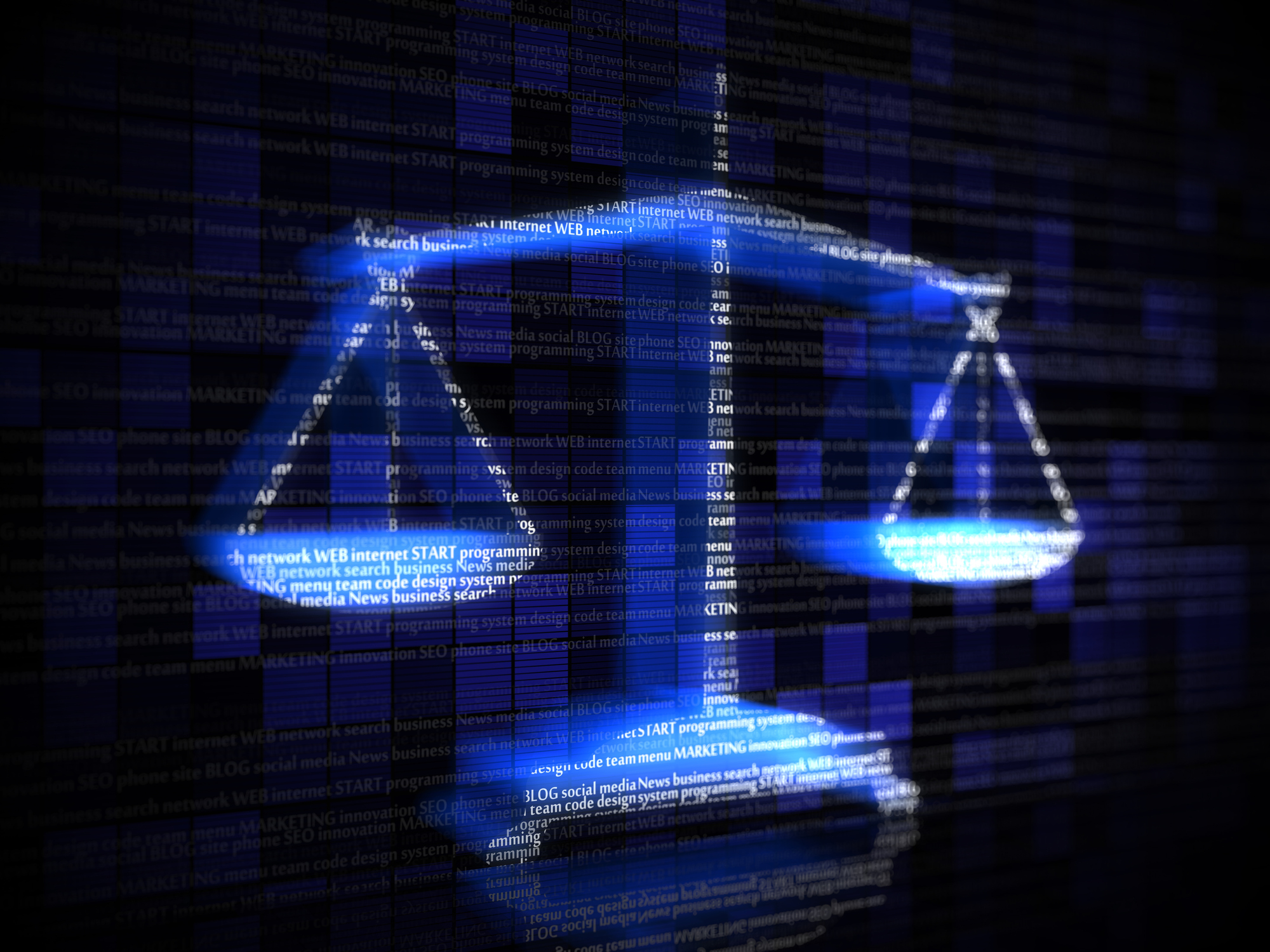Are AI Legal Research Tools Reliable Enough for Real-World Use? A Critical Assessment
The integration of artificial intelligence (AI) tools in the legal profession is rapidly changing the way lawyers work. With nearly three-quarters of lawyers planning to use generative AI for tasks such as legal research, contract drafting, and document review, the potential benefits are clear. However, recent cases of AI tools “hallucinating” false information have raised concerns about their reliability in real-world use.
In a highly-publicized case, a New York lawyer faced sanctions for citing fictional cases invented by a chatbot AI in a legal brief. Similar cases of AI-generated false information have since been reported, prompting Chief Justice Roberts to warn lawyers about the risks of relying on AI tools that hallucinate.
To address these concerns, leading legal research services have introduced AI-powered products that claim to be “hallucination-free” and provide accurate legal information. These tools use retrieval-augmented generation (RAG) to reduce errors and improve reliability. However, a recent study by Stanford RegLab and HAI researchers found that even these advanced AI tools still hallucinate incorrect information a significant portion of the time.
The study tested the performance of AI tools from LexisNexis and Thomson Reuters on a dataset of over 200 legal queries. While the tools showed improvement compared to general-purpose AI models, they still produced incorrect information more than 17% of the time. The study highlighted the challenges unique to RAG-based legal AI systems, such as difficulties in legal retrieval and misgrounded citations.
The lack of transparency and rigorous evaluation metrics for legal AI tools poses challenges for lawyers looking to adopt these technologies. Without access to detailed information about how these tools function and perform, lawyers may struggle to comply with ethical and professional responsibility requirements. The study authors emphasize the need for public benchmarking and evaluations of AI tools to ensure their reliability and accuracy in legal practice.
As the legal profession grapples with the integration of AI tools, the issue of legal hallucinations remains unresolved. The study calls for greater transparency and accountability in the development and use of AI tools to ensure their responsible integration into the practice of law.


